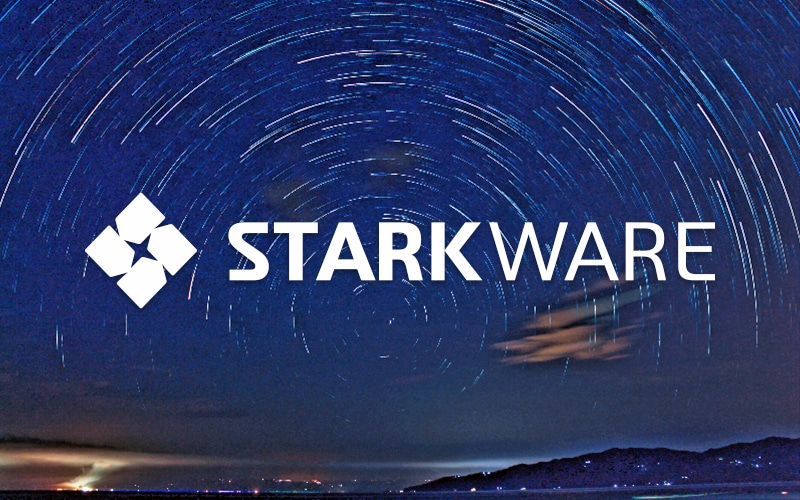A permissionless zk-rollup, Starkware introduced a new scaling technology, recursive proving for its starkEx and Starknet scaling solutions on August 11.
Starkware claims that recursive proofs powered by Cairo’s general computation will enhance transaction speed, gas fees as well as provide latency.
The new scaling technology will deliver a multifold increase in the number of transactions that can be written to Ethereum via a single proof.
As Starkware CEO Uri Kolodny remarks “Recursive proving is an enthralling concept as it defies what we intuitively think to be the limits of scaling.”
Before this launch, STARK scaling used to roll up thousands, tens, or even hundreds of thousands of transactions into a single proof. But, recursive proofs will make it possible to bundle up these single proofs into another single proof.
STARK launched the first scaling solution, StarkEx on Ethereum blockchain in 2020. It executes transactions in two different parts, on-chain and off-chain. Prover performs adequate computation off-chain to release congestion on the network. On the other hand, Verifiers approve the transactions on-chain.
Also Read: Ethereum L2 StarkWare Announces StarkNet Token & Foundation
Recursive proving will compress multiple proofs into one that will enable STARK to reduce on-chain verification cost per transaction. Also, it will also improve latency due to its capability to execute multiple statements in parallel.
The integration of Recursive Verifier also enables the Layer-3 deployment on top of the StarkNet. The hyper-scaling can be achieved by the Recursive pattern through the aggregation of proofs from L3, to be verified by a single proof on L2.
“It’s like finding a way to comfortably fit thousands of passengers in a jet instead of a few hundred. Turning on recursive proofs means that we massively boosted the extent to which we can scale,” said Starkware’s head of core engineering Gideon Kaempfer.






